Championing General Aviation for Socio-Economic Advancement
Only in the U.S. could my passion for flight find real wings.
— Asiwome Dzakuma
From Curiosity to Mission
Asiwome Dzakuma’s love for flying began in childhood; an obsession that shaped his dreams and ultimately his career as a pilot. Born in the Netherlands to Ghanaian immigrant parents, he was raised in Ghana before reuniting with his father—a civil engineer—in the United States, and later became an American citizen.
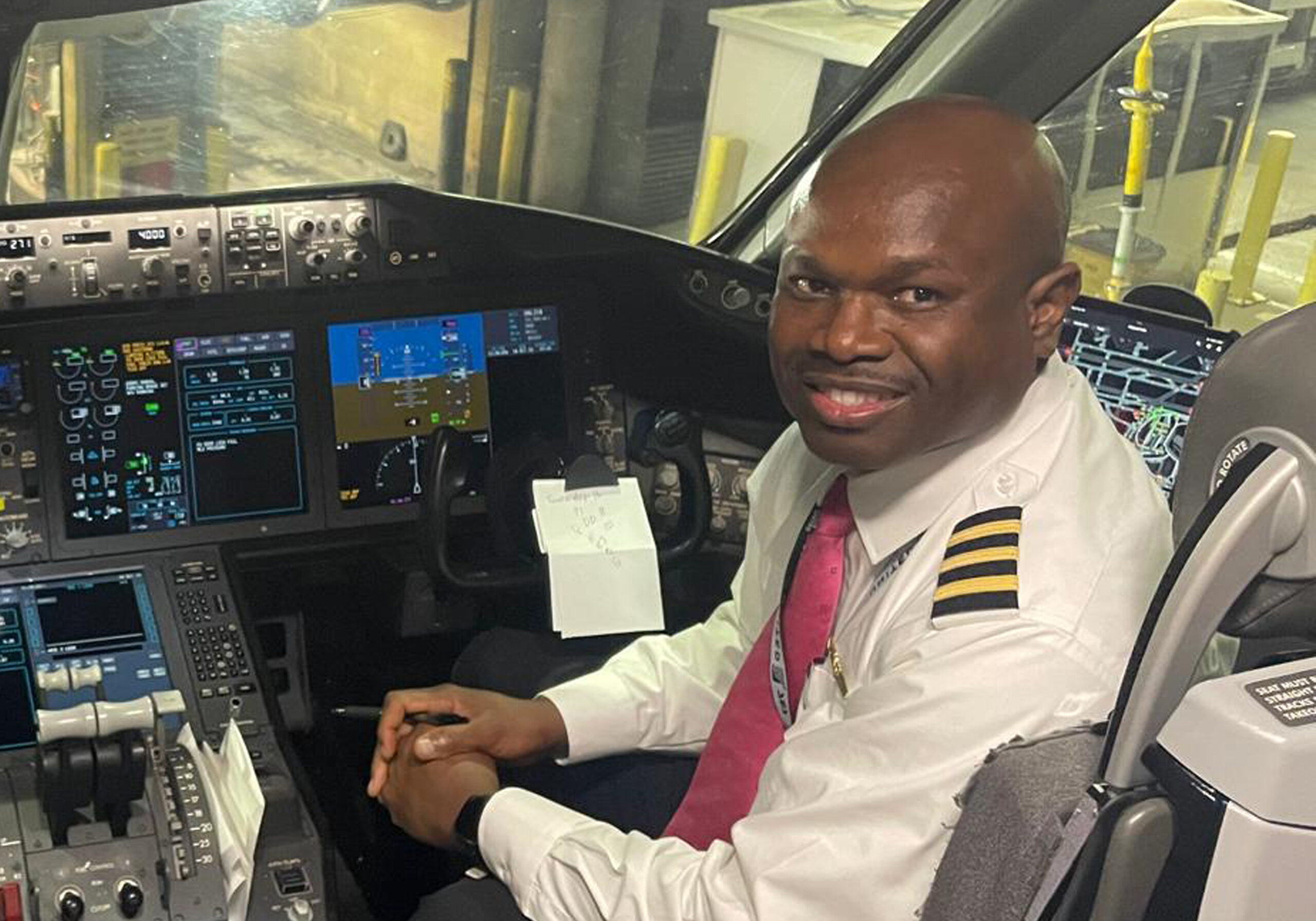
My dream of flying started as a whisper in Ghana — quiet, improbable, and often dismissed. But my high school, Bishop Herman College, instilled in me a sense of discipline and the spirit to persevere.

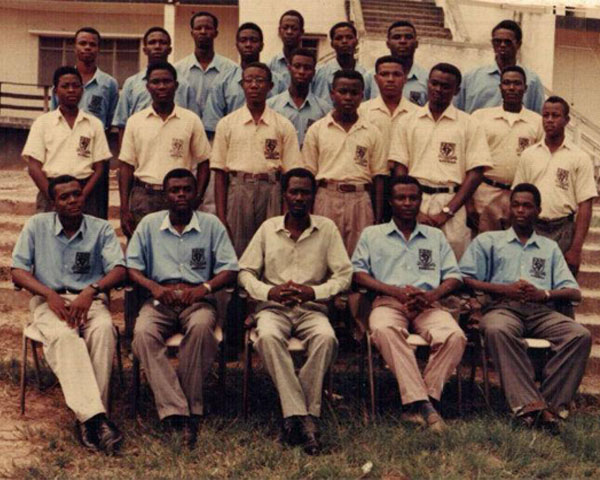
Dreams Do Have Wings and Take Flight with Determination

That Childhood Passion Would Go on to Define the Course of Asi's Life
Asiwome began his higher education in the United States, earning a Bachelor's degree in Political Science with a minor in Military Science from Eastern Illinois University. While at EIU, he also participated in the Reserve Officers' Training Corps (ROTC). He completed all pre-commission requirements by attending both the Basic and Advance Camps at Fort Knox and Fort Lewis respectively. He describes the training as one of the most valuable experiences of his college years.
Of all my college experiences, ROTC prepared me most for the discipline, focus, and leadership the cockpit would later demand, and for life itself.
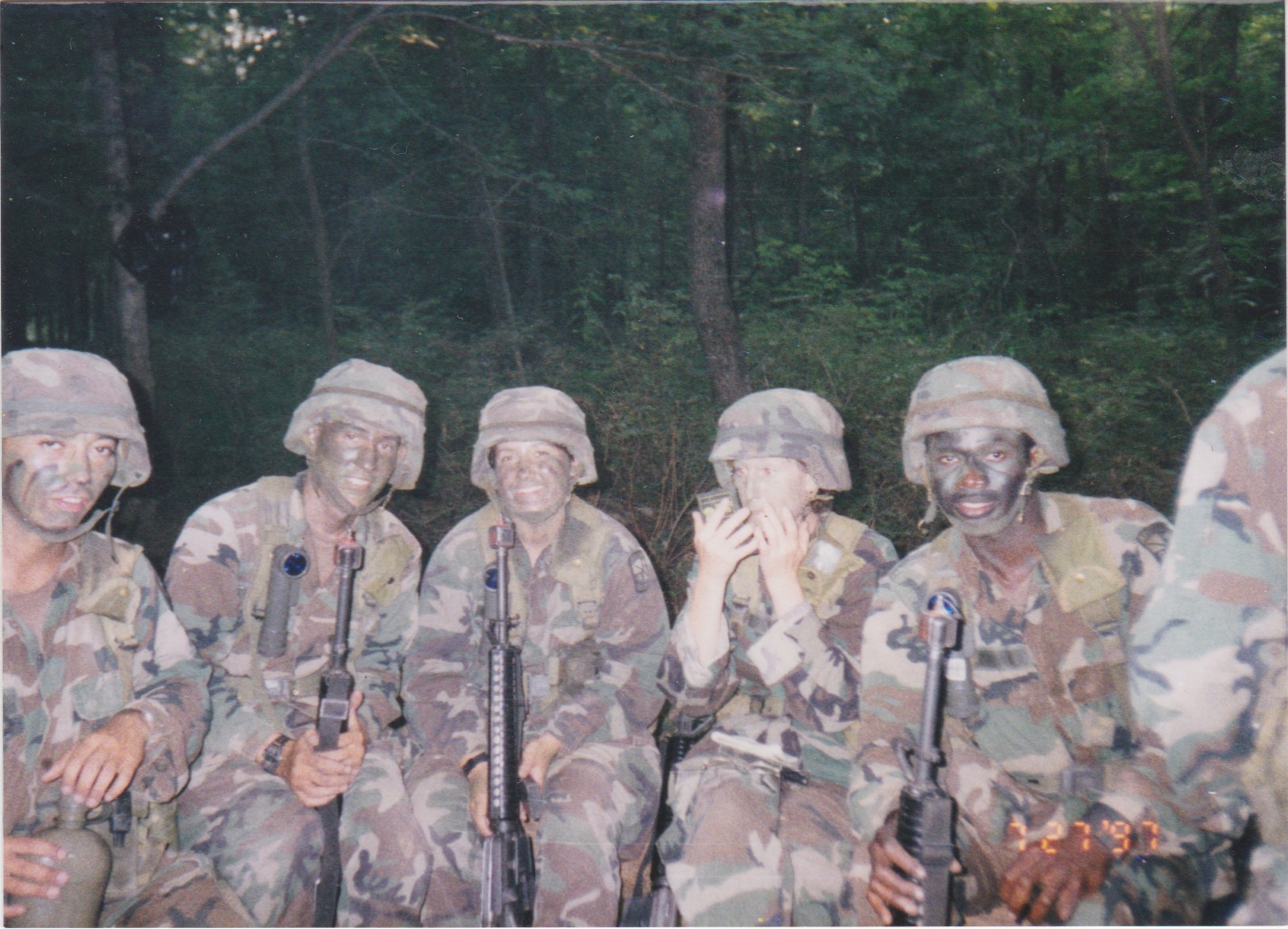
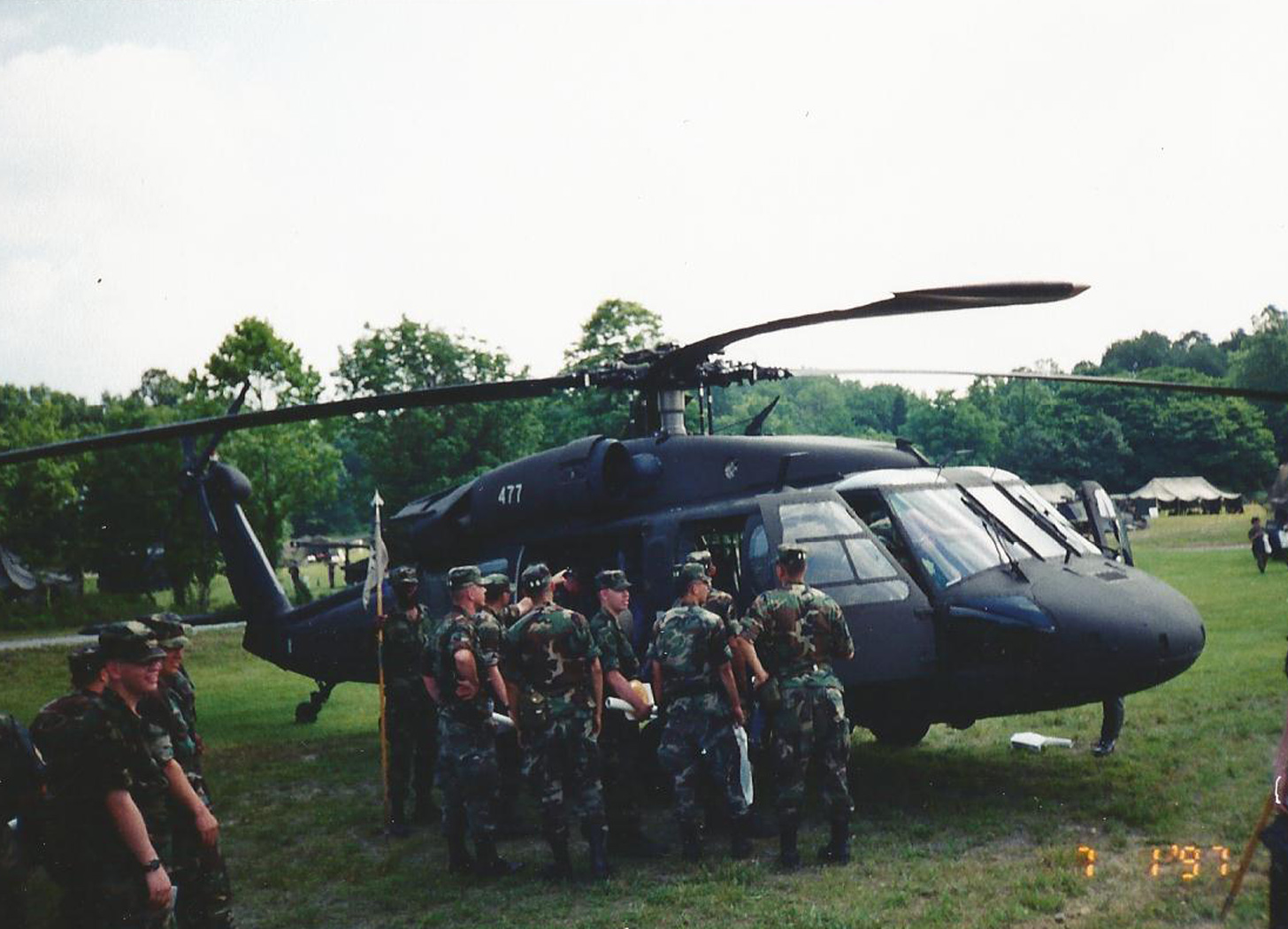
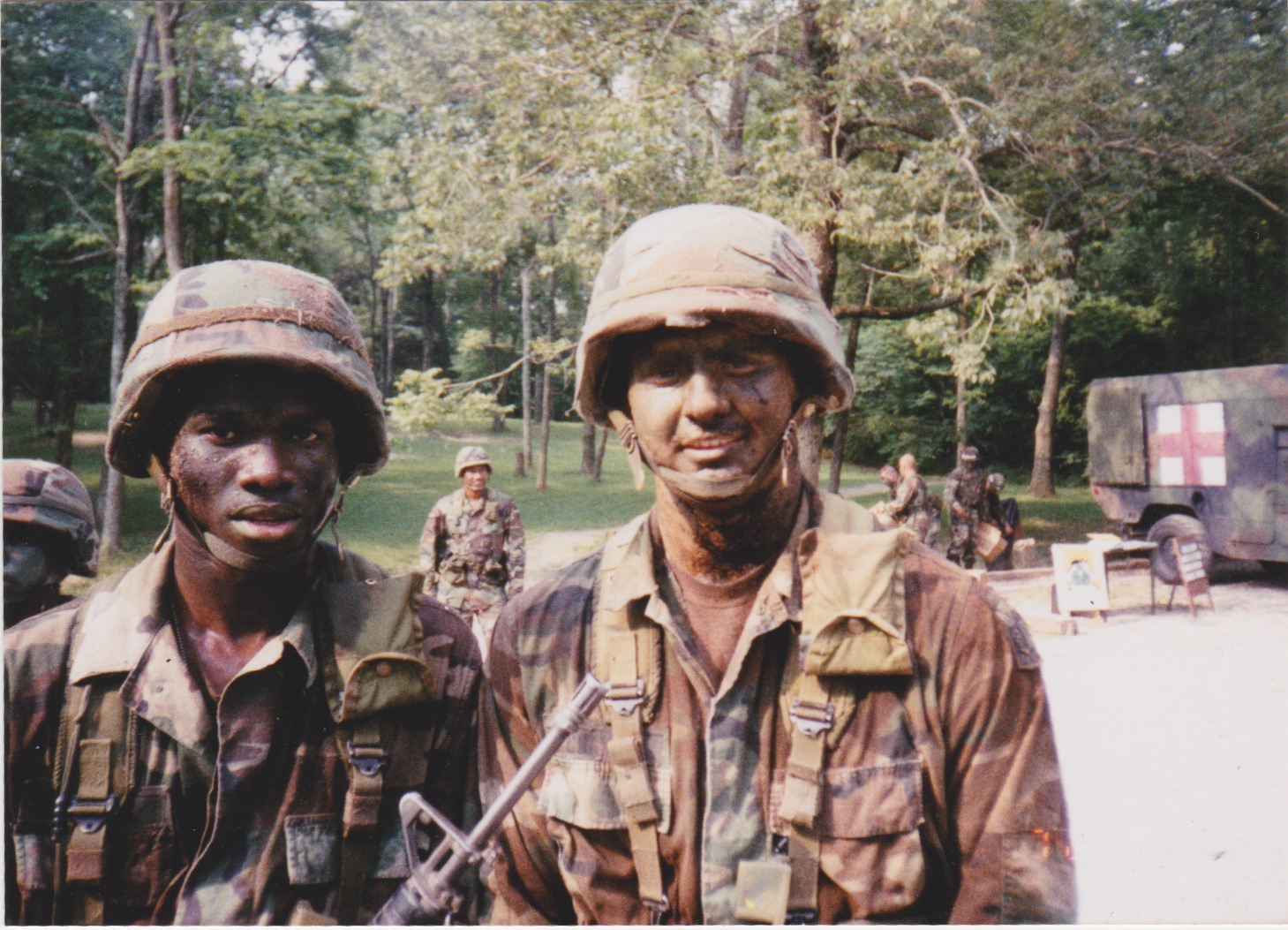
Balancing Altitude and Academics
A Dual Opportunity at MTSU: Flight School Alongside a Master’s Degree
Asi later enrolled at Middle Tennessee State University, where he pursued a master’s degree in aerospace science (Airline and Airport Management) concurrently with professional flight training. This rigorous combination laid a strong foundation for his aviation career.
Hardworking and determined, the future aviator covered most of his higher education costs by working multiple jobs and taking out loans, with modest support from his family. His determination and discipline during this time set the tone for the mission-driven career that would follow.

Asiwome's academic journey in the U.S. shaped his mindset for leadership, discipline, and global perspective — preparing him for both aviation and service.
He emerged from Middle Tennessee State University not just as a pilot, but as a multi-rated aviation professional with an elite training pedigree. With a background in Military Science and ROTC training from Eastern Illinois University, he was armed with formidable tools that continue to guide his path in aviation and beyond.
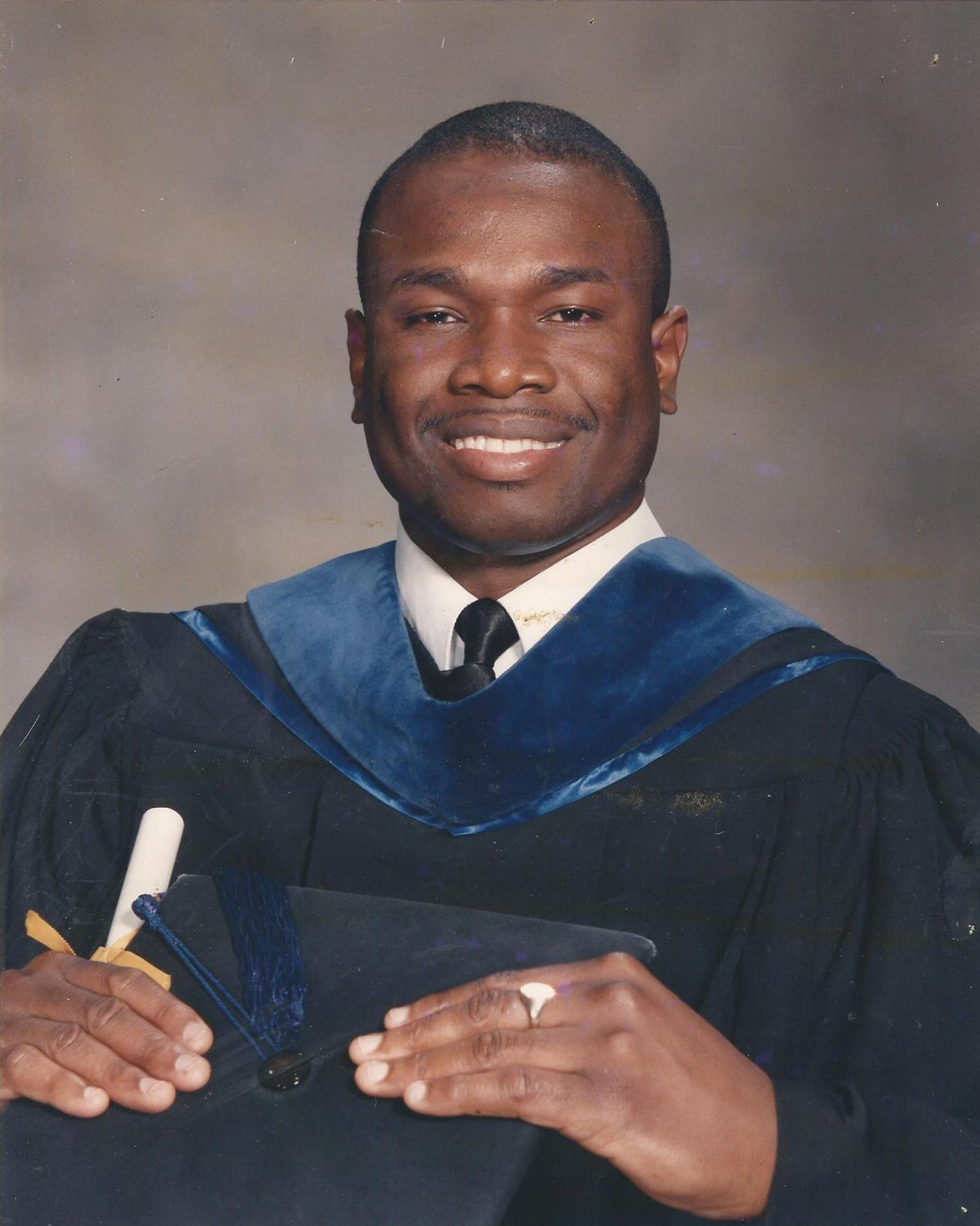
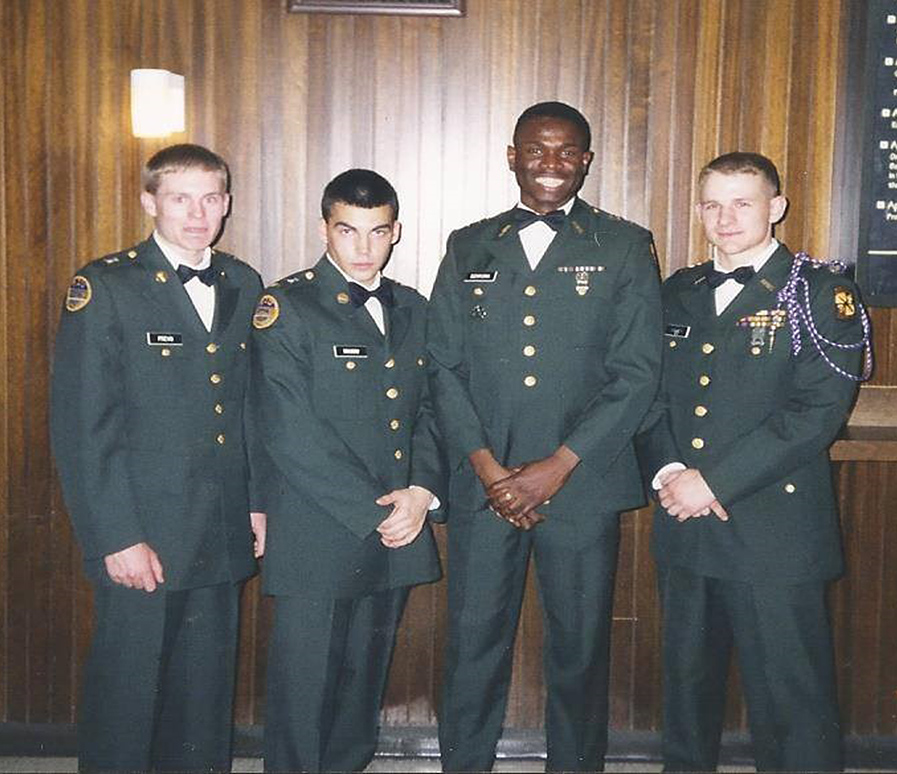
From Certification to Mentorship
Asiwome earned his Commercial Pilot License (CPL) from Middle Tennessee State University, along with a suite of advanced certifications including Certified Flight Instructor (CFI), Instrument Flight Instructor (CFII), Multiengine Instructor (MEI), Advanced Ground Instructor (AGI), and Advanced Instrument Ground Instructor (IGI).
He has since earned his Airline Transport Pilot License (ATPL), with type ratings on the LET 410, ATR 42/72, DC9/MD80, Embraer 175, and the Boeing 737 and 787 — a lineup that reflects versatility and expertise across regional and long-haul aircraft.
The 6-foot-2-inch-tall aviator has since spent more than two decades flying commercially and mentoring aspiring pilots.
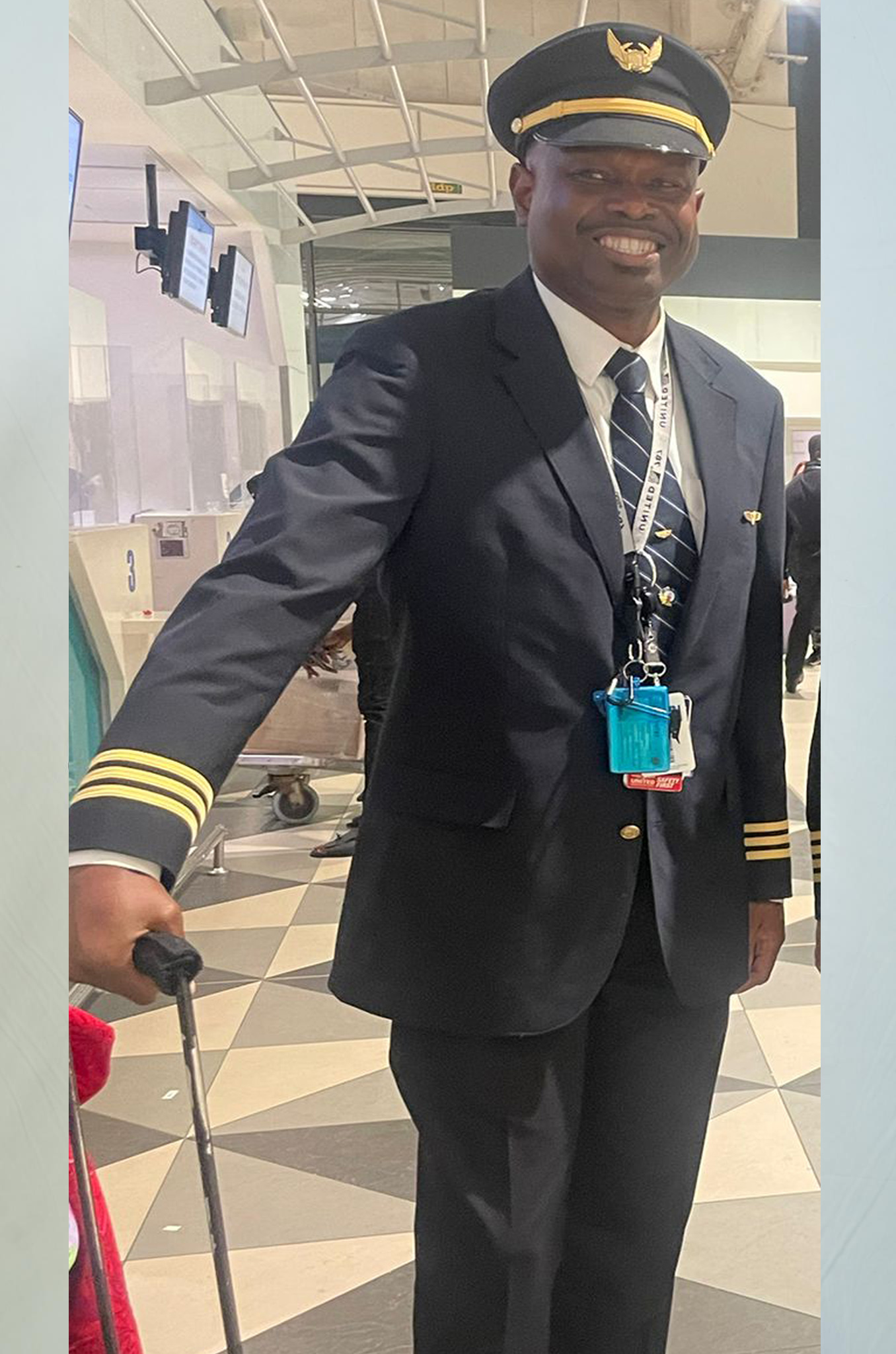
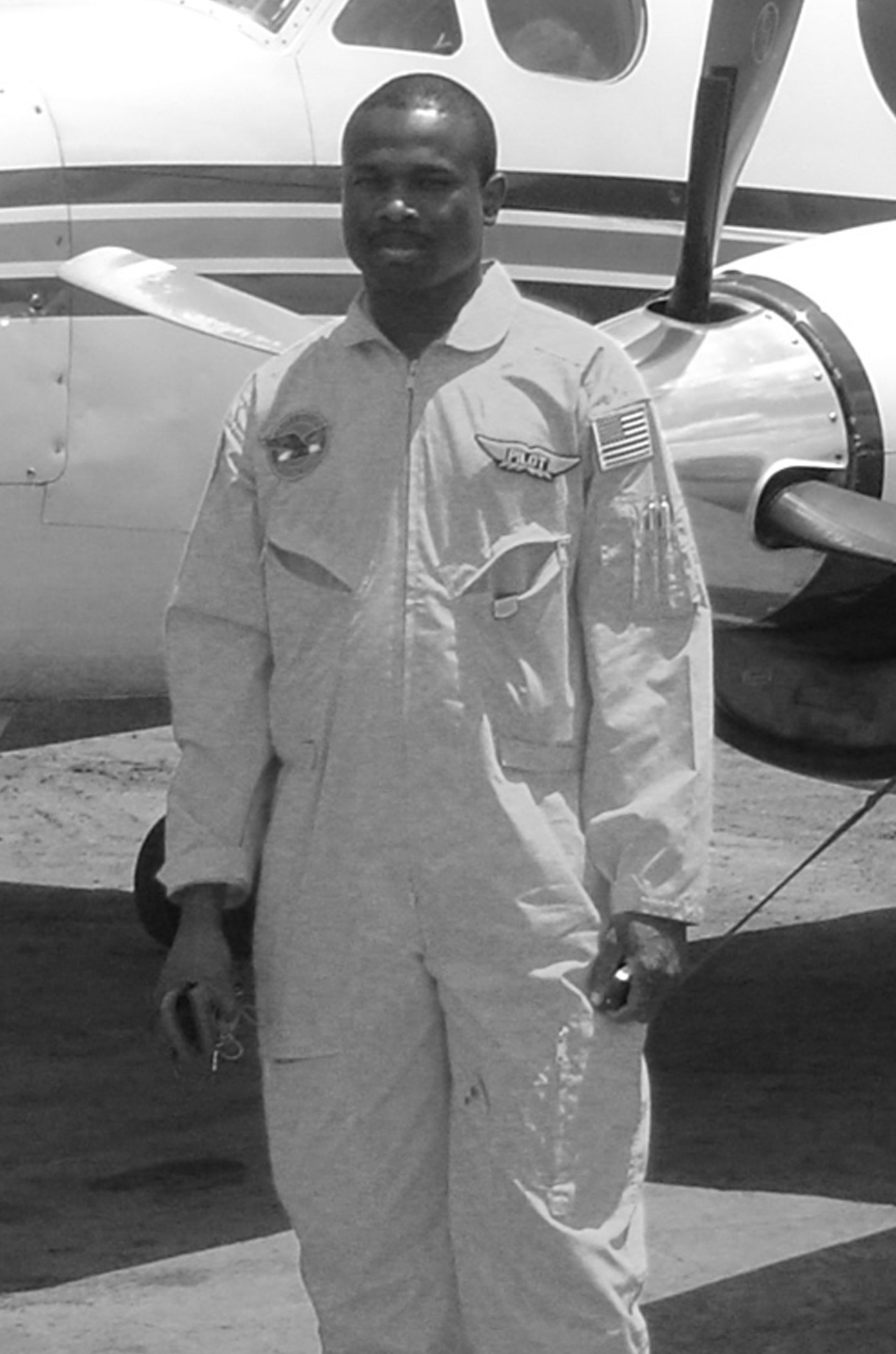
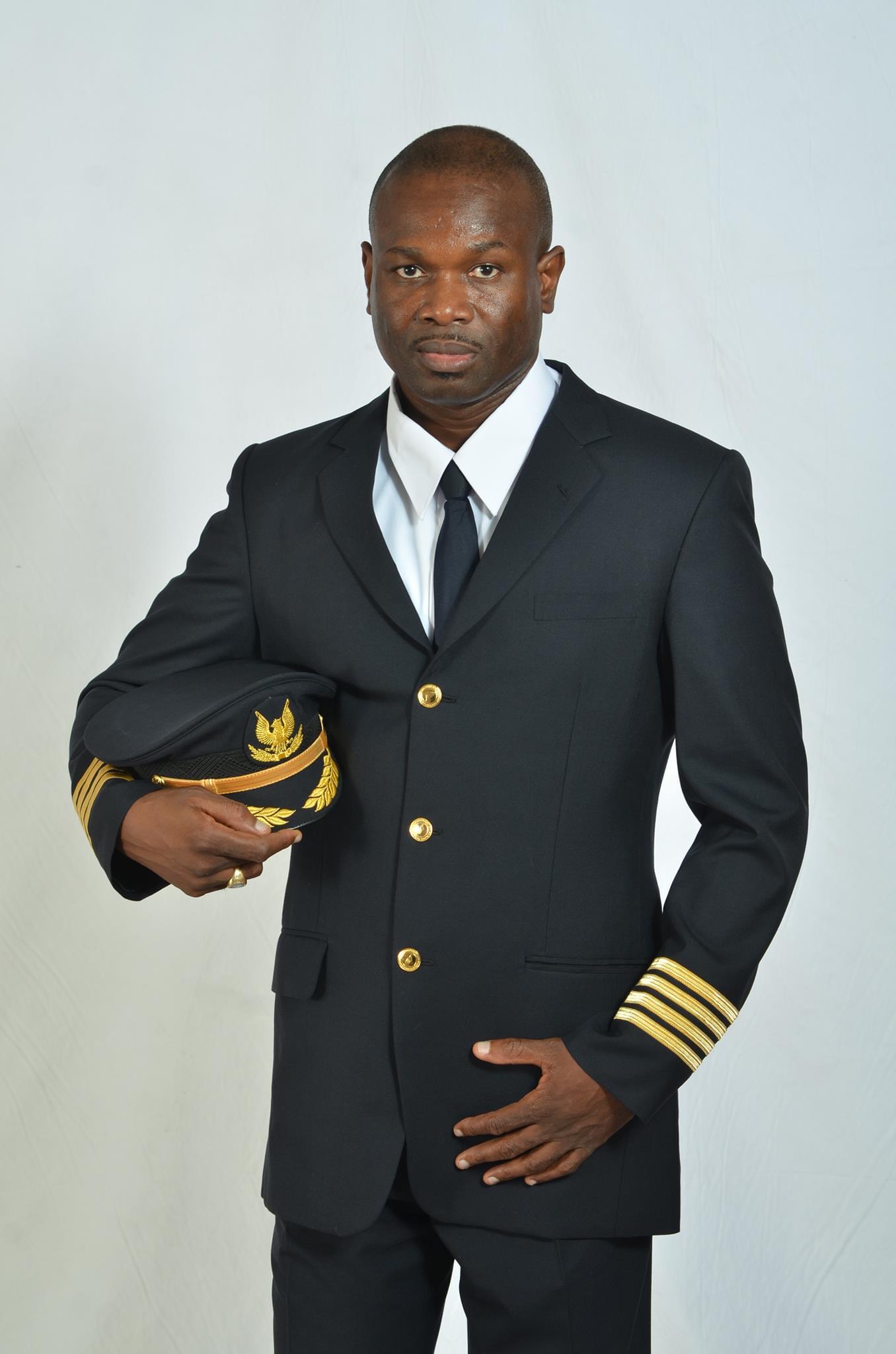
Beyond Airlines and Long-Haul Flights
It was following Asiwome Dzakuma's studies at Middle Tennessee State University that his vision expanded beyond simply flying. He began to see aviation not just as a profession, but as a transformative tool for socio-economic development. His focus turned especially to Africa, where vast regions remain disconnected due to limited transportation infrastructure.
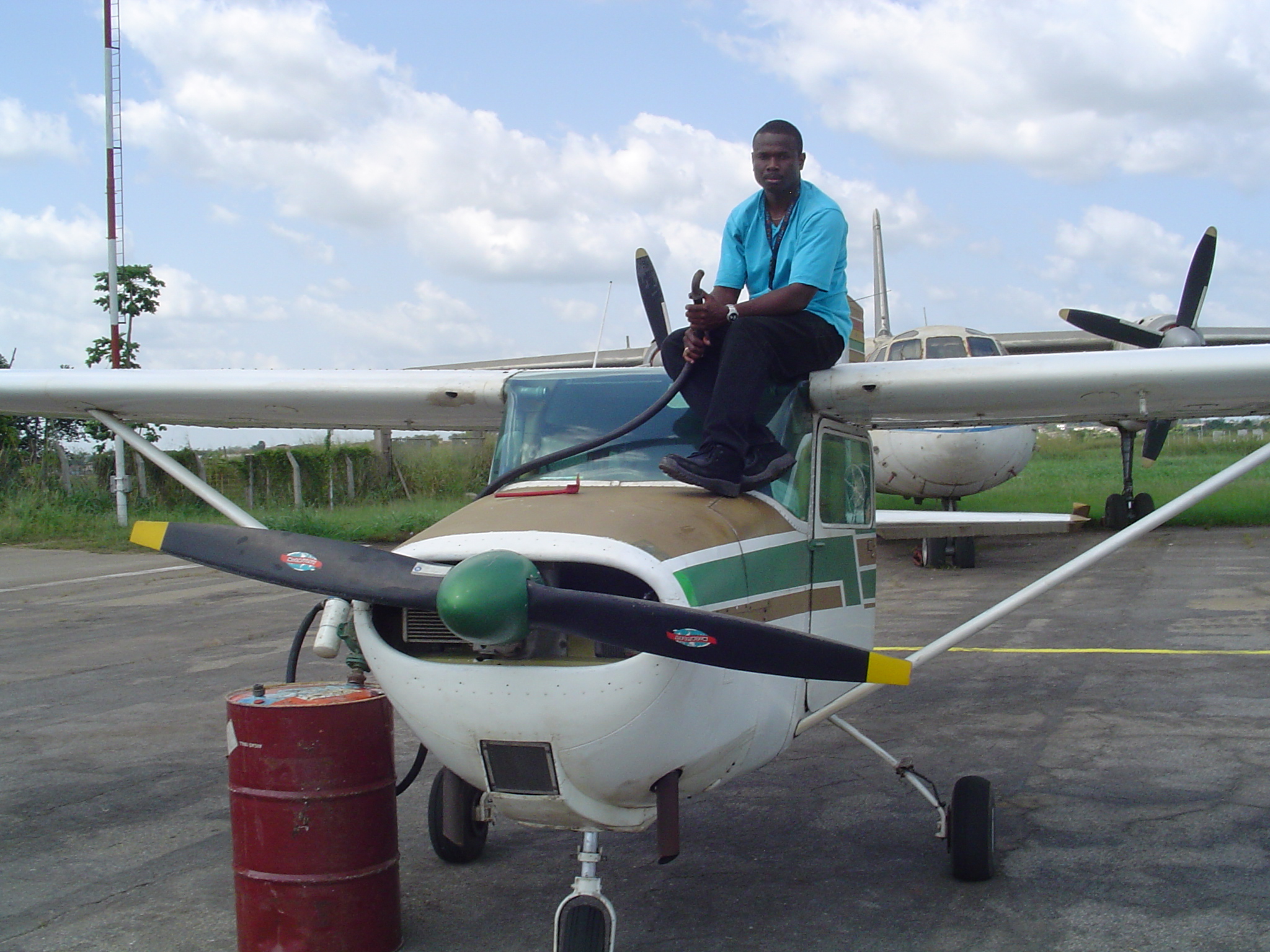
While many perceive aviation only in terms of large airlines crossing oceans, General Aviation (GA) exists as a distinct and vital sector that serves domestic and regional development needs. It is an untapped resource, capable of bridging gaps in healthcare, agriculture, business, education, and humanitarian efforts. General Aviation can open up hinterlands—where some of the hardest-working people reside—unlocking opportunities that would otherwise remain out of reach.


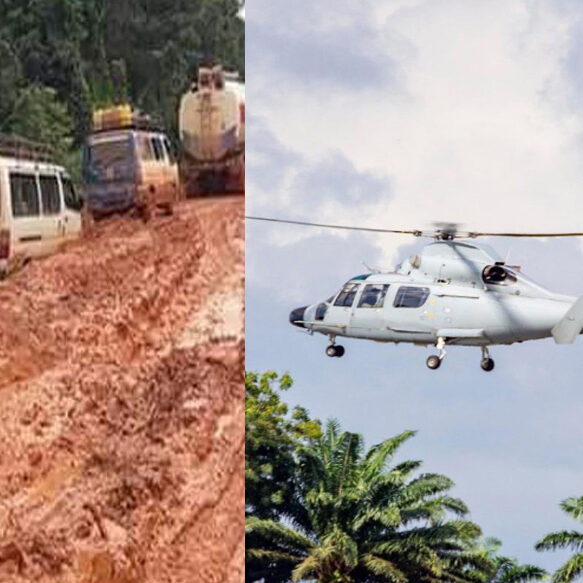
These challenges cannot be overstated. They required urgent, tailored solutions. For Asiwome, the answer lay in harnessing the power of General Aviation to create access, connectivity, and opportunity. He would go on to form Strategic Aviation Services (SAS) to turn that vision into action.
The Birth of Strategic Aviation Services (SAS)
Determined to turn his aviation-driven development vision into reality, Asiwome Dzakuma founded Strategic Aviation Services (SAS). He incorporated SAS in Ghana in 2006, followed by its U.S. incorporation in 2007 as a 501(c)(3) nonprofit. The young pilot’s goal was ambitious: to champion General Aviation as a driver of economic growth and accessibility in Africa.
From the very beginning, SAS was built on the belief that aviation is more than just transportation — it is a bridge to opportunity.
A Town Without an Airport Today Is Like One That Was Bypassed by a Railroad Or a Carnal a Century Ago.

From Advocacy to Training, Partnerships, and Infrastructure
For towns and cities to compete in today’s global marketplace, access to air transport is no longer optional — it’s essential. Around the world, thriving communities recognize that proximity to an airport enhances business potential, attracts investment, and ensures mobility.
SAS is Poised To:
Advocate for General Aviation (GA) as a critical tool for socio-economic development and poverty reduction in marginalized communities.
Work with governments, industry players, and advocacy groups to create a conducive environment for GA to thrive in Africa.
Implement aviation-driven solutions in education, healthcare, humanitarian relief, agriculture, tourism, and conservation.
Encourage investment in local airports and airstrips to ensure rural and underserved regions are connected to economic opportunities.

Because access to care should never depend on distance
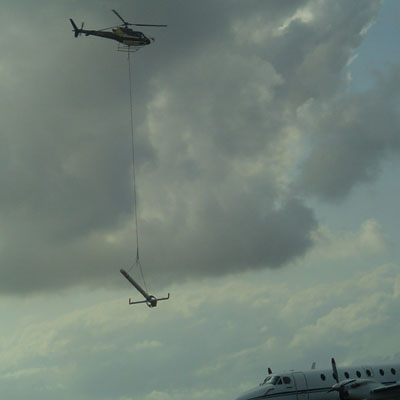
Keeping essential flights airborne in rural towns
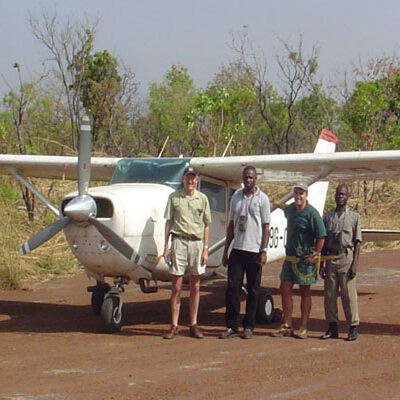
Prepared to serve, wherever the runway begins
Expanding General Aviation Advocacy in Africa
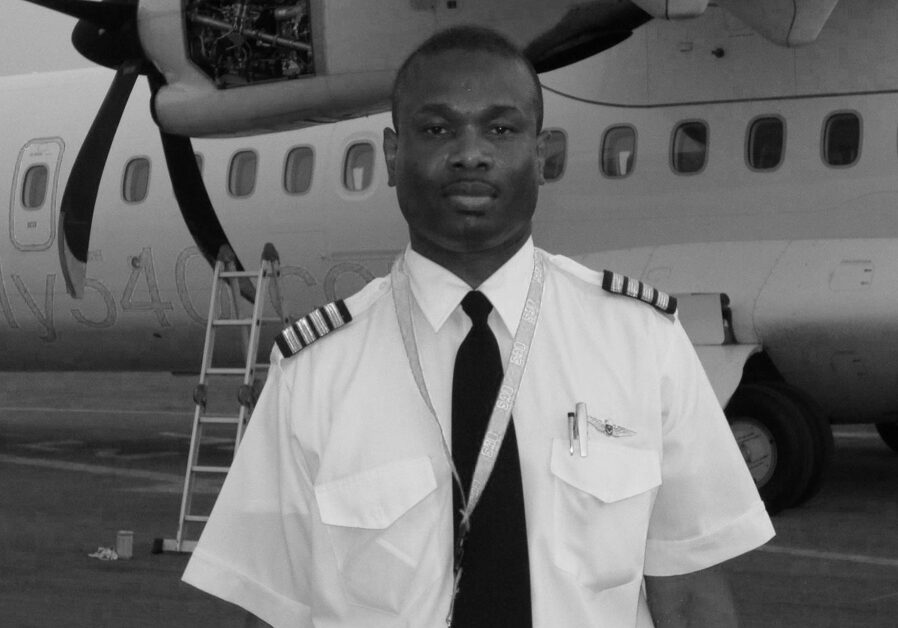
A Network of Aviators
AOPA-Ghana became an affiliate of IAOPA (International Council of Aircraft Owner and Pilot Associations). Chief among its goals was to push for a stronger voice in aviation policy and promote the development of General Aviation in the region.
Through this initiative, Asiwome sought to create a network of aviators, industry stakeholders, and policymakers who could work together to break down barriers limiting aviation’s full potential in the region.
Looking to the Future
With its West Africa operational office based in Accra, Ghana, and a team spread across the U.S. and Africa, SAS remains committed to transforming the way aviation is used across the continent. By partnering with stakeholders and industry leaders, SAS continues to pave the way for a future where air transport is an accessible, strategic, and transformative force for Africa’s growth.

The journey that shaped one pilot is now opening skies for communities
Join us as we use aviation to connect people, transform lives, and create opportunity where it's needed most.
Support the Mission!
